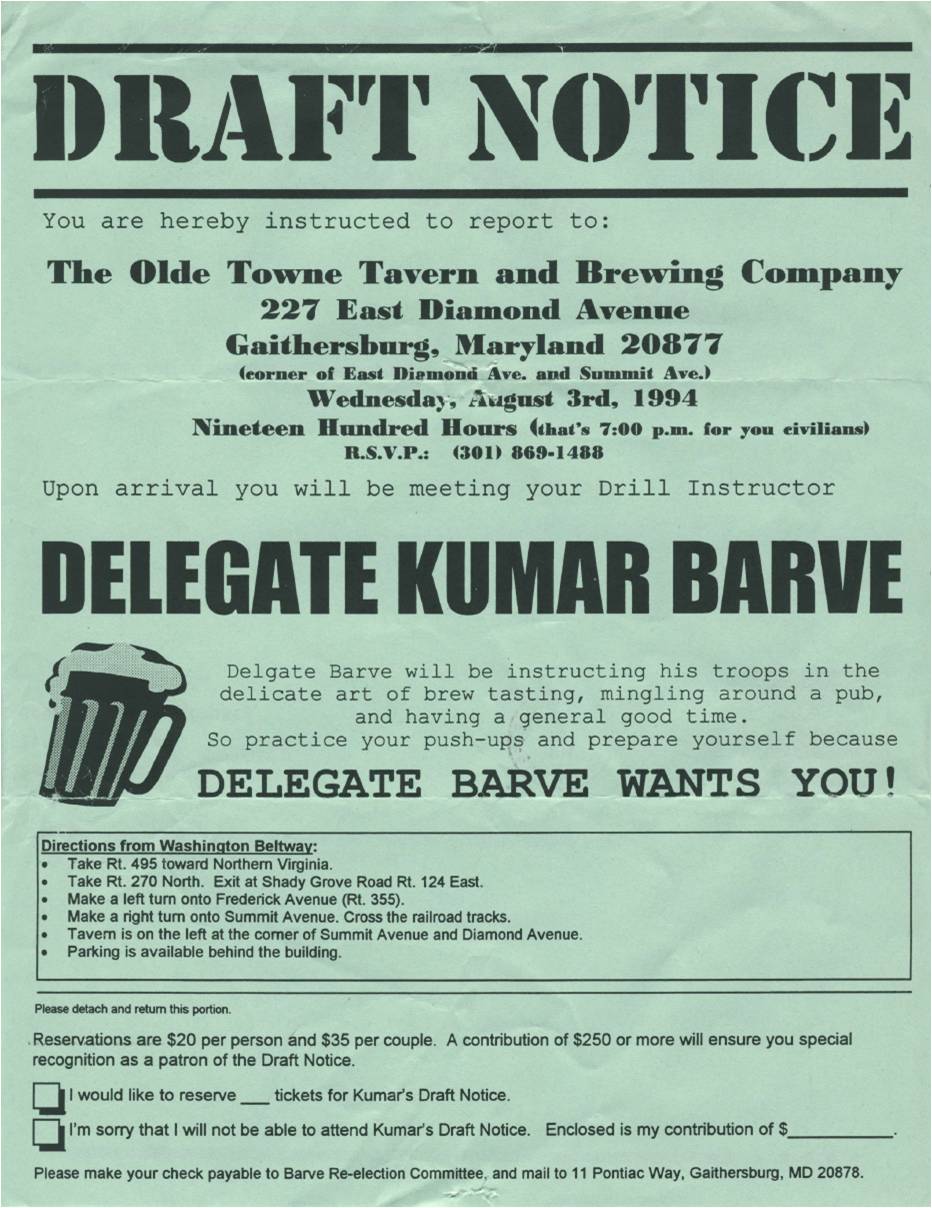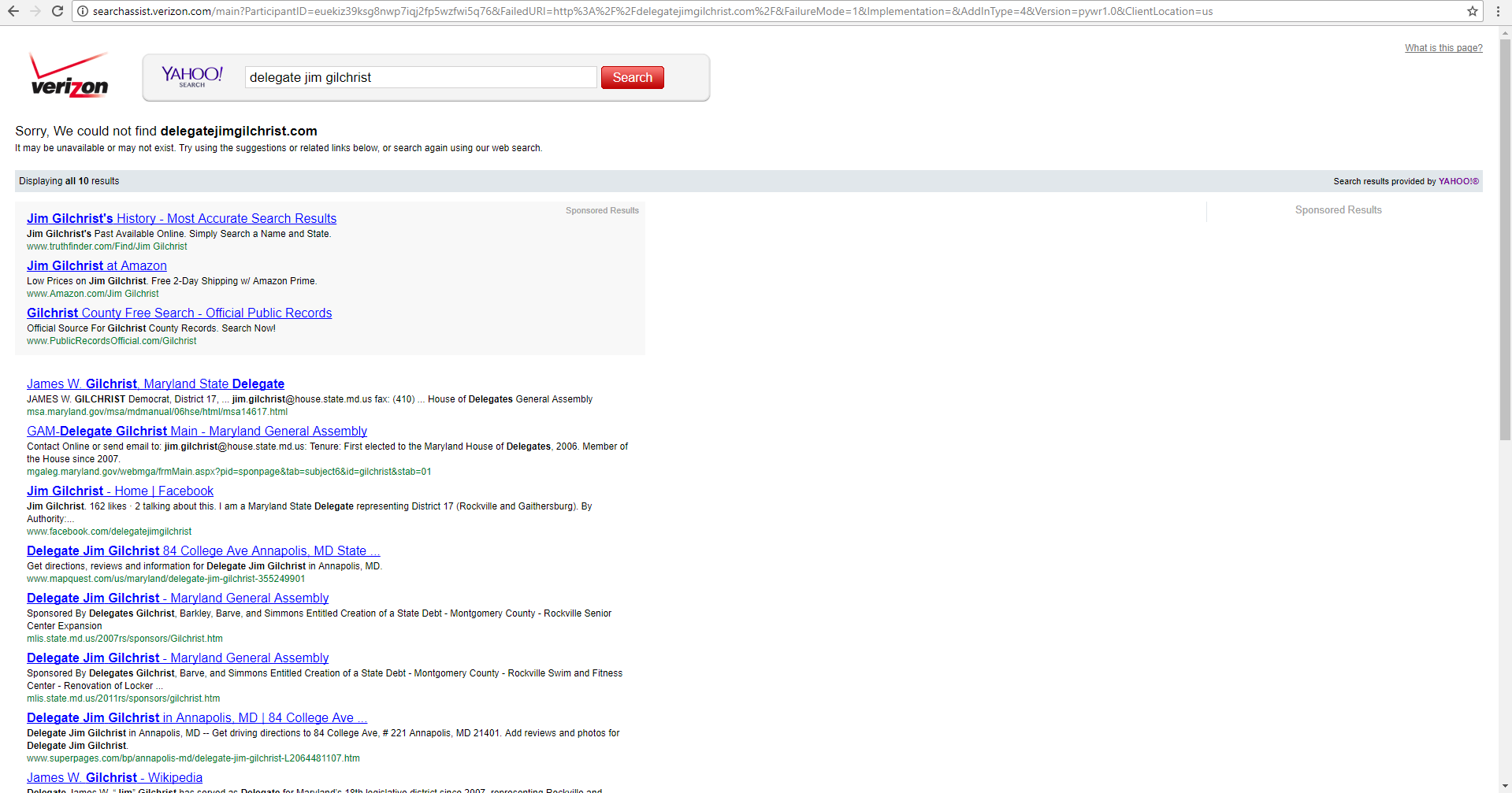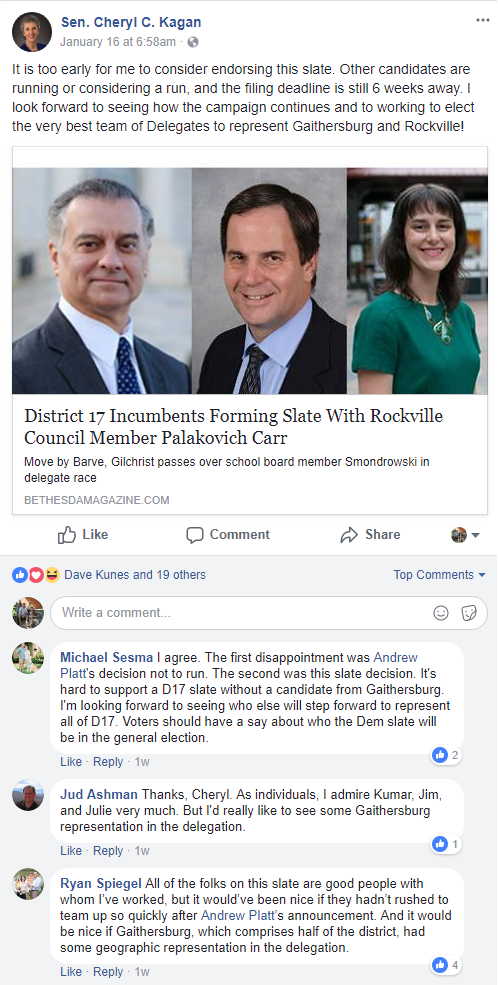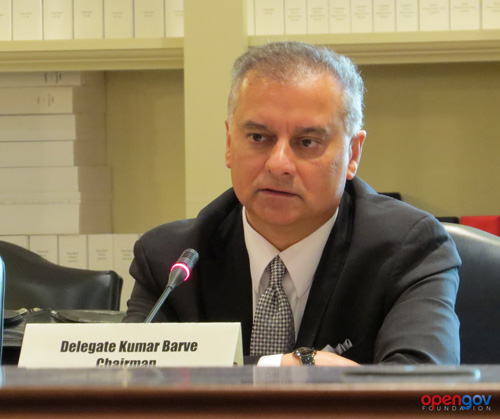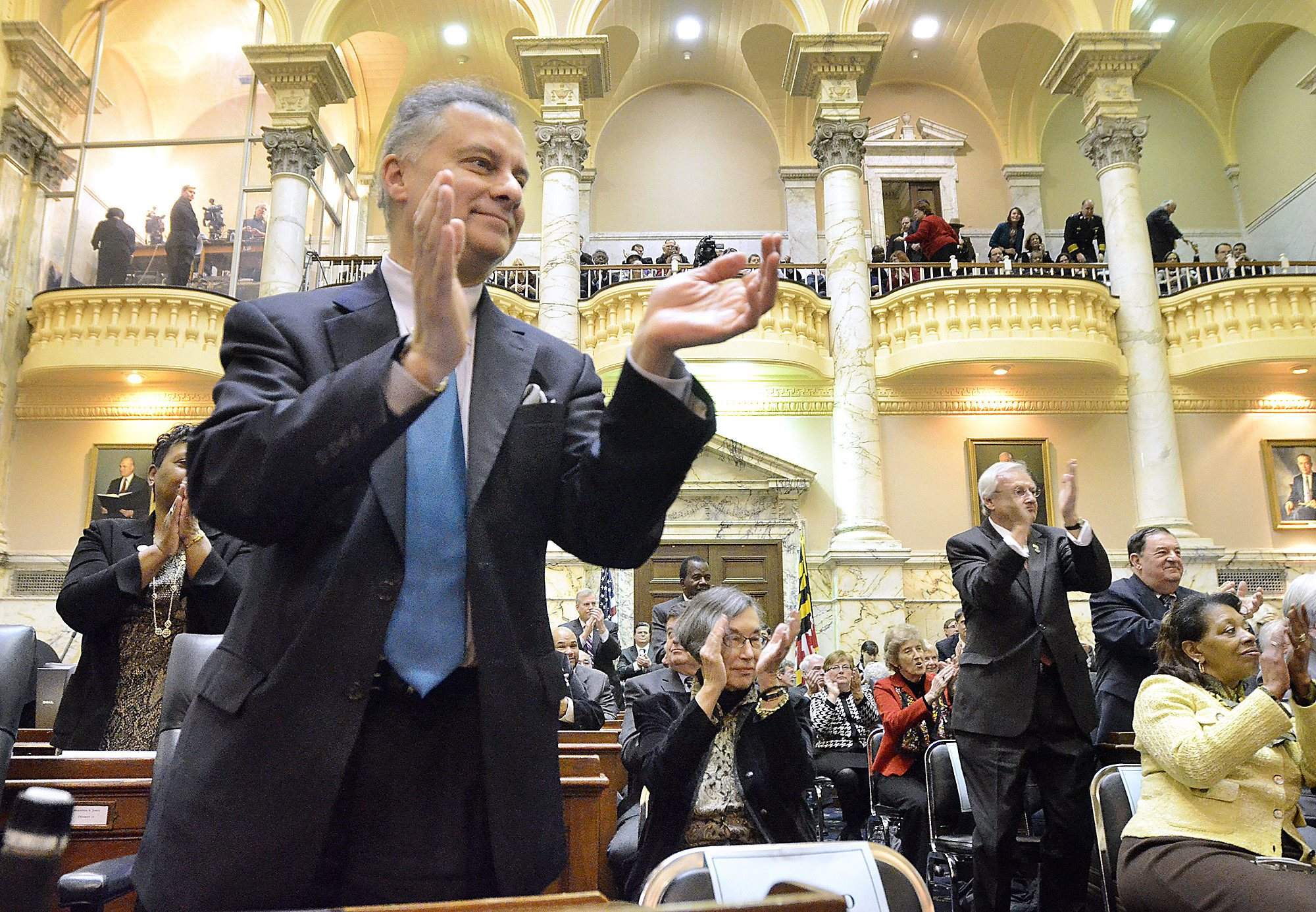By Adam Pagnucco.
Part One of this series laid out the rules and methodology for how we determined MoCo’s most influential people. Before you complain about it, just remember – these lists are not my lists. They were developed by adding together the nominations of 85 people who are themselves extremely knowledgeable and influential. If you have a problem with that, take it up with them!
And now let’s get started. Today, we will begin listing the most influential elected officials on MoCo’s state and county politics. The criteria include elected officials who appear on our ballots even if they don’t live here. Quotes attributed to sources are not mine and come from our voters.
15. Delegate Kumar Barve (D-17) – 12 votes
Source: Leading voice on Beltway/270 proposal in Annapolis and calls the shots on many environmental initiatives.
Source: Stops a lot of stupid sh*t in the county delegation.
AP: The sources really got this one wrong as Kumar deserves a higher rank. He chairs the House Environment and Transportation Committee and is a former House Majority Leader. He has been in the house since some of today’s delegates were in elementary school. Kumar is brilliant, hilarious and knows the General Assembly as well as anyone. Other delegates need to learn from him as long as he remains in Annapolis.
13 (tied). Council Member Tom Hucker (D-5) – 18 votes
Source: One example, look at 495/270: press conferences, meetings, petition, relationships with SHA, Governor (which he finessed) — got results. He has a deep understanding of relationships and communication partnerships. Knows how to whip up/work with constituents to get things done.
AP: Tom Hucker’s secret for political success is that he knows who he is as a politician. You don’t see him hemming and hawing in public, flip-flopping or trying to figure out where the political winds are blowing. He just pushes ahead with his brand of practical, meat-and-potatoes progressivism and never strays too far from his base. That and his expertise in the outside ground game make him one of the most focused and effective elected officials in MoCo. Bonus points: his Chief of Staff, Dave Kunes, is one of the best.
13 (tied). Council Member Nancy Navarro (D-4) – 18 votes
Source: Nancy has become the moral leader of county government. She boldly spearheaded plans to re-shape how county government leaders understand structural racism, view our community, and even perceive themselves. She’s also helped create a platform for the County Council to engage on economic development issues. She’s done both of these things while overseeing a Council Presidency that saw a new administration, four new Councilmembers, and many new faces on central staff.
Source: Navarro has stepped up on every major issue and gathered the “council troops” to take the reins of county government at a time when the County Executive’s leadership is sorely lacking. She has exquisite timing and strategically lays out a vision for getting things accomplished in this leadership vacuum.
AP: No one wants to take on Nancy directly. She makes people who cross her pay a price! That’s why she usually gets her way, especially in directing money towards her district. Also, the fact that she is the only council member left from the 2010 budget crisis will amplify her influence in the coming weeks.
12. Governor Larry Hogan – 19 votes
Source: Completely driving the transportation priorities for the county. Officials deride but residents adore his proposals to expand highways even if the county proposal is utterly more sensible.
Source: Strong, capable and bold. Leading on the coronavirus when counties were still contemplating how to respond. He inspires trust and I can’t tell you how many people say, “I love Hogan.” A true leader at a difficult time.
AP: Governor Hogan deserves to be ranked higher. He doesn’t live here, but how many state initiatives have had a bigger impact on county politics than his I-270/Beltway proposal? It’s a short list.
10 (tied). Delegate Anne Kaiser (D-14) – 20 votes
Source: Quietly behind the scenes, she has become MoCo’s most influential state legislator by a mile, writing legislation that pushes progressive priorities in a practical way. Others get more press. She gets it done.
Source: One of the most prominent Kirwan and education voices, and a mentor to lots of (especially female) electeds.
AP: If I were going to advise a young delegate on how to get ahead in Annapolis, I would tell that person to watch Anne Kaiser. She is not flashy or fancy. She doesn’t seek out press attention. She just does her job, works hard, listens to others, plays on the team and picks her spots to move the team forward. Now she has the ways and means committee chair that once belonged to the legendary Sheila Hixson and she is not done. Don’t be surprised if you are calling her Speaker Kaiser in a few years.
10 (tied). Delegate Eric Luedtke (D-14) – 20 votes
Source: Decent amount of helium in Annapolis, arrow will probably continue to point skyward within the House.
Source: Put together the arrangement that made Adrienne Jones speaker. Influential enough to float tax proposals that can mobilize widespread opposition.
Source: Kaiser would be more obvious choice here given the gavel but no one made more of an impact for good or ill with service tax proposal this session, dominating the conversation.
AP: Smart, outspoken, intellectually honest and ready for combat with right-wingers, Eric has become one of the go-to guys for taking point in House leadership. Underneath all that, he is still the person I first met a long time ago: a socially progressive teacher out to push for the common good. Who knows how his career will progress, but I guarantee it won’t be boring!
More to come in Part Three!


